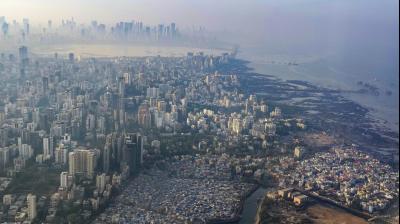EC: Can’t stop political posts by pvt people
The bench directed both parties to submit suggestions on ways to regulate such paid political content on social media before polling day.
Mumbai: The Election Commission of India (EC) on Friday told the Bombay high court that it could not control private individuals from putting up political posts on social media in favour of or against any political party 48 hours before polling day.
A division bench of Chief Justice Naresh Patil and Justice N.M. Jamdar was hearing a public interest litigation (PIL) filed by a lawyer, Sagar Suryavanshi.
The PIL sought direction to the EC to prohibit everyone, whether politicians or private individuals, from posting advertisements related elections, or paid political content on social media platforms such as YouTube, Face-book and Twitter, 48 hours before election day.
The EC told the bench that there already existed rules prohibiting politicians and political parties from indulging in any form of political advertisement or campaigning 48 hours before polling day. Advocate Rajgopal, appearing for EC, submitted that section 126 of the Representation of Peoples Act, 1951, prohibited public meetings, processions, campaigns etc. 48 hours before polls.
Advocate Rajgopal told the court that the display of advertisements and paid political content through electronic media just before polling day was also prohibited under the Act and that social media posts were also covered under it.
“However, if an individual makes a blog post or Twitter post in his or her individual capacity in praise of any one political party or its policies, how can the EC stop him or her,” said advocate Rajgopal
The petitioner’s lawyer, Abhinav Chandrac-hud, however, told the bench that social networking sites such as Facebook had advertising policies in the UK and USA where all advertisements and paid content were subject to a strict verification process. He argued that a similar policy must be implemented in India too.
The bench directed both parties to submit suggestions on ways to regulate such paid political content on social media before polling day.


















